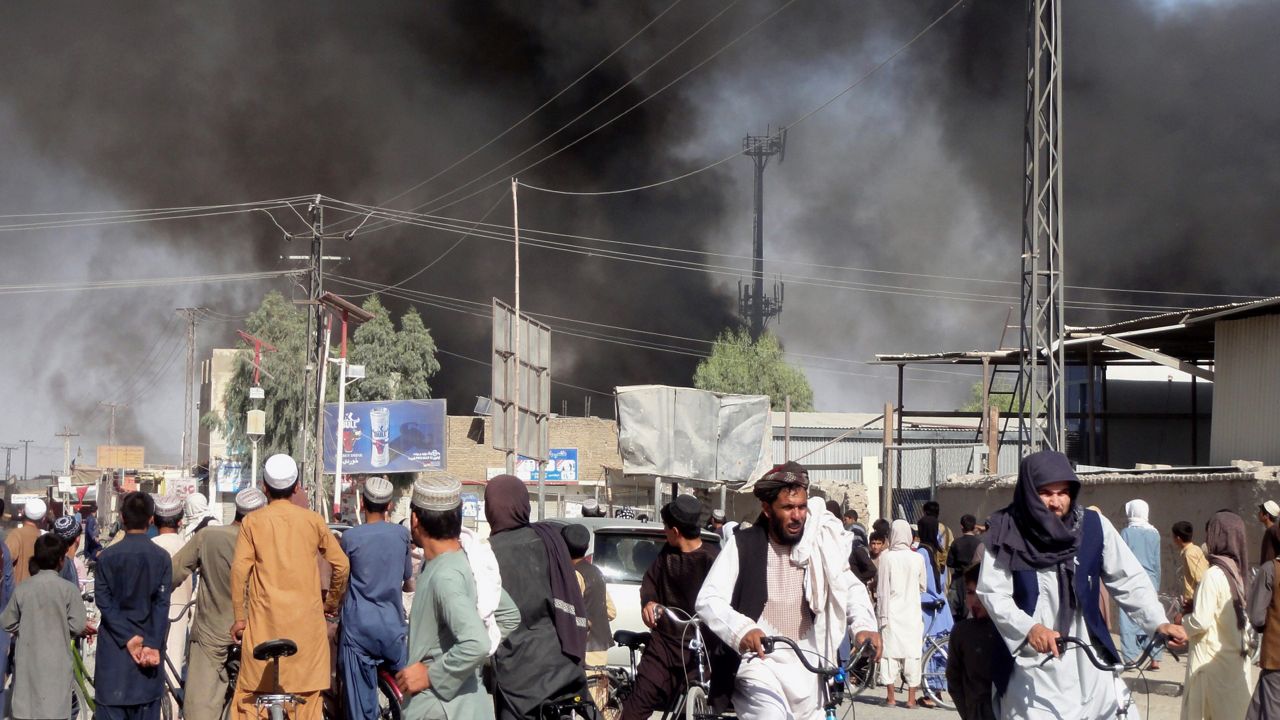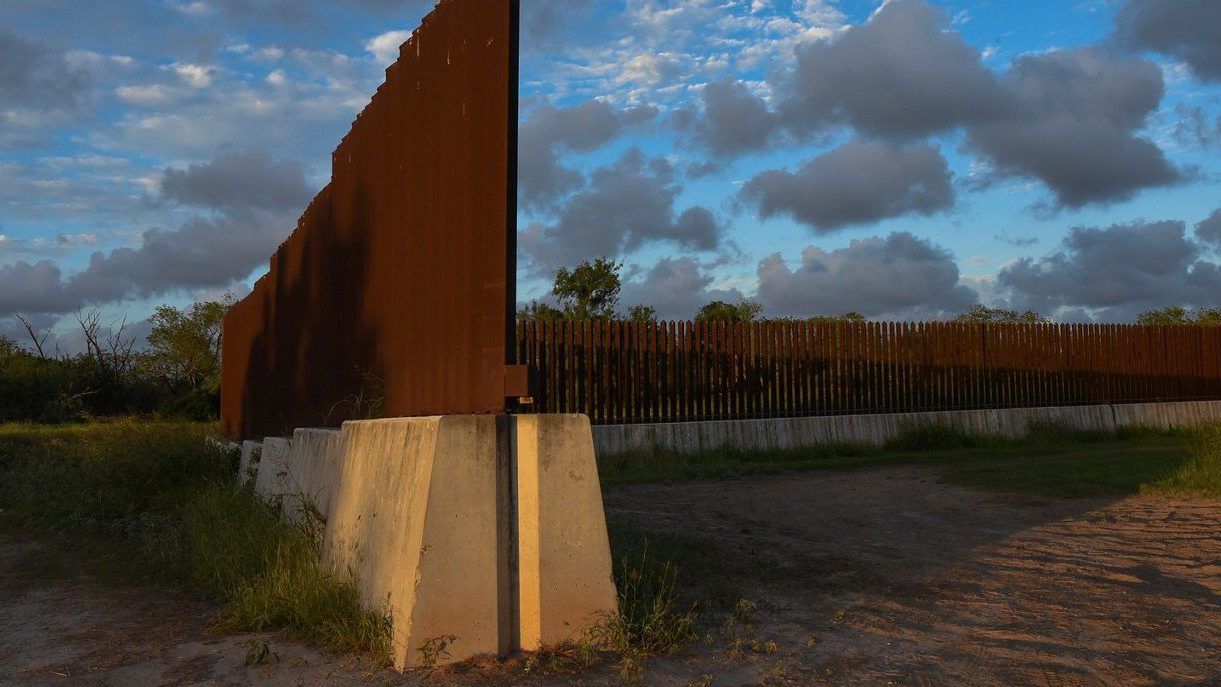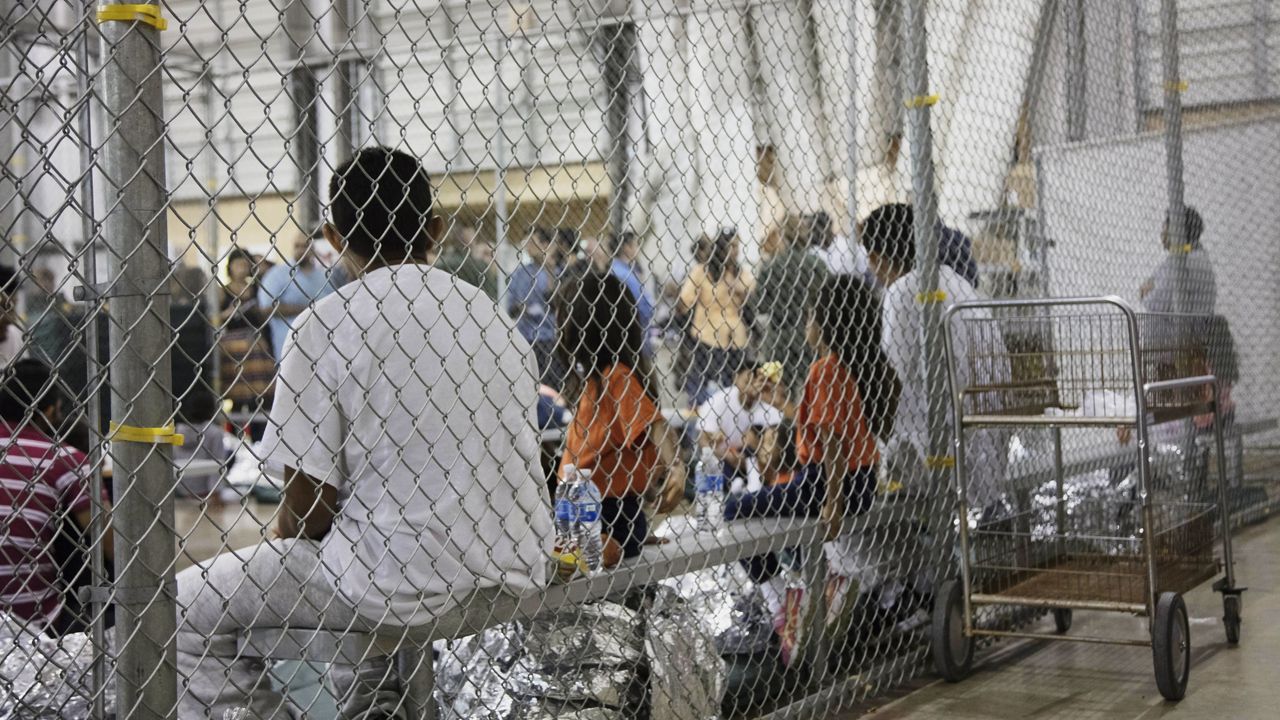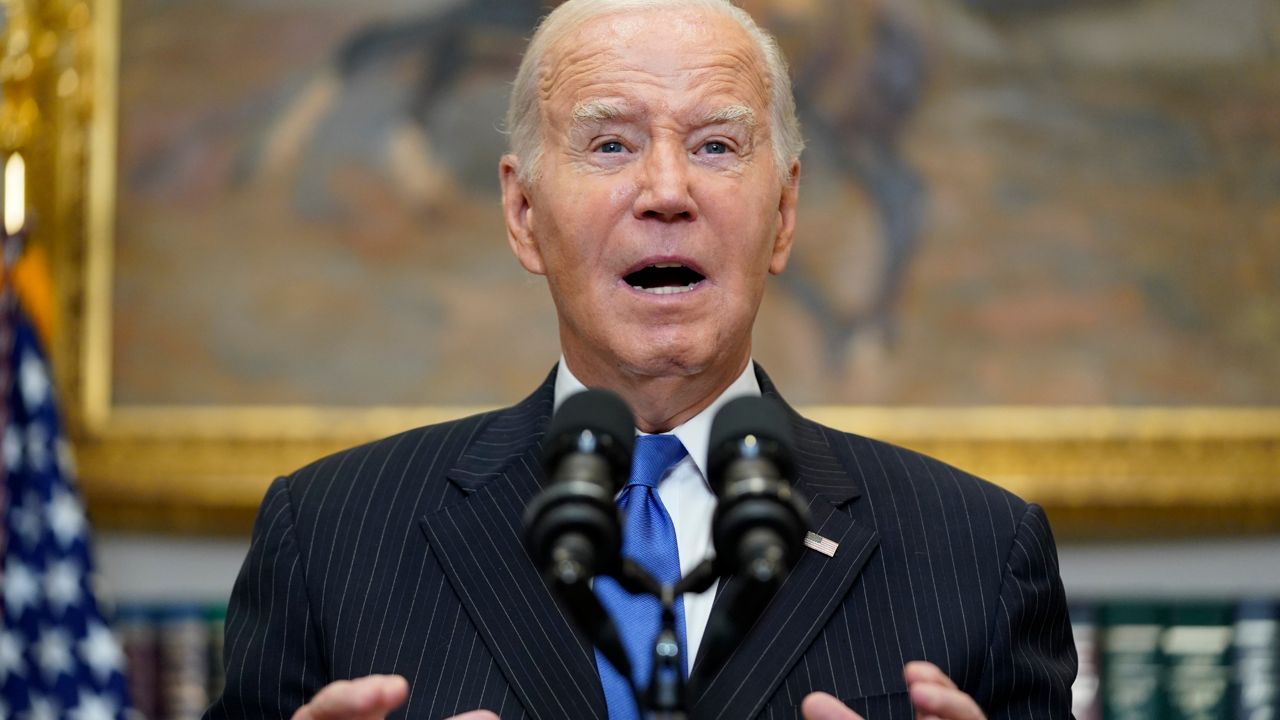TEXAS — With the Taliban takeover of Afghanistan, Afghan nationals and their families, many of whom aided the U.S. military, are in grave danger and are seeking refuge in the U.S.
According to Refugee Services of Texas, it’s anticipated around 30,000 Afghans will be resettled in the U.S. in the coming weeks, many of whom will be temporarily housed at Fort Bliss in El Paso.
Refugee Services of Texas said it has plans to settle 324 Afghans over the next few weeks in Austin, Houston, Dallas and Fort Worth.
“Afghan nationals who cooperated with the U.S. military are in a highly volatile and dangerous situation as the Taliban overruns the country. We have an obligation as Americans to support those who gave everything to help our nation, and we must act now to ensure these refugees are evacuated and transported to safety,” Refugee Services of Texas said in a statement.
The breakdown of refugees from Refugee Services of Texas is as follows:
- Austin - 107
- Dallas - 108
- Fort Worth - 69
- Houston - 40
Incoming Afghans, Refugee Services of Texas said, have applied for Special Immigrant Visas and will undergo security background checks as well as health screenings.
Refugee Services of Texas has aided approximately 2,400 refugees from Afghanistan and Iraq who are in possession of special visas since 2010.
The Taliban seized power in Afghanistan two weeks before the U.S. was set to complete its troop withdrawal after a costly two-decade war.
The insurgents stormed across the country, capturing all major cities in a matter of days, as Afghan security forces trained and equipped by the U.S. and its allies melted away.
The U.S.-led invasion of Afghanistan in 2001 ousted the insurgents from power, but they never left. After they blitzed across the country in recent days, the Western-backed government that has run the country for 20 years collapsed. Afghans, fearing for the future, are racing to the airport, one of the last routes out of the country.
Many are worried that the country could descend into chaos or the Taliban could carry out revenge attacks against those who worked with the Americans or the government.
Many also fear the Taliban will re-impose the harsh interpretation of Islamic law that they relied on when they ran Afghanistan from 1996 to 2001. Back then, women were barred from attending school or working outside the home. They had to wear the all-encompassing burqa and be accompanied by a male relative whenever they went outside. The Taliban banned music, cut off the hands of thieves and stoned adulterers.
The Taliban have sought to present themselves as a more moderate force in recent years and say they won’t exact revenge, but many Afghans are skeptical of those promises.
The Associated Press contributed to this report.







